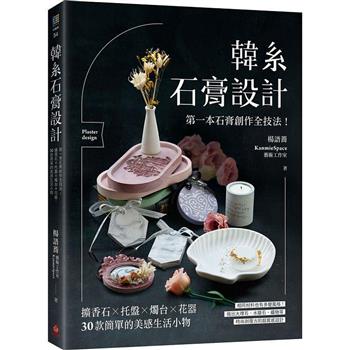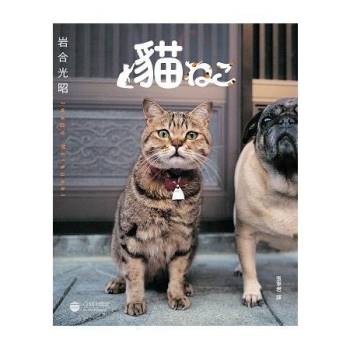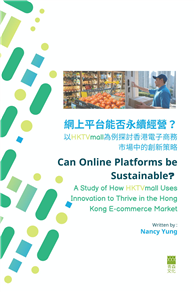A well-known expert in the field, Suzaki begins with the premise that "if it doesn't add value, it's waste" -- a concept devised by Henry Ford and later used by Toyota. He recaps what Toyota identifies as the seven most prominent forms of waste in factories. Most importantly, he meticulously details steps individuals can take to "simplify, combine, and eliminate operations" -- thereby reducing waste, improving quality, and saving money.
Describing in detail the basic techniques culled from Japanese industrial philosophy and procedure, Suzaki shows how small, family-run businesses and billion-dollar American corporations from a wide range of industries -- automotive, electronics, cosmetics, and even defense contractors -- are meeting the manufacturing challenge today -- demolishing the widely held belief that most American manufacturers have become distribution organizations for products manufactured overseas. In addition, he links his methodology with several successful production systems, from Just-In-Time Production, Total Quality Control, Total Productive Maintenance to Computer Integrated Manufacturing. Throughout this practical handbook, he places emphasis squarely on the shop floor and grounds his approach in easy, yet powerful techniques everybody can understand and implement today.
Illustrated with numerous charts and exhibits, The New Manufacturing Challenge shows how to integrate people and techniques to improve the workplace and, thus, strengthen any company's competitiveness in the global marketplace.










